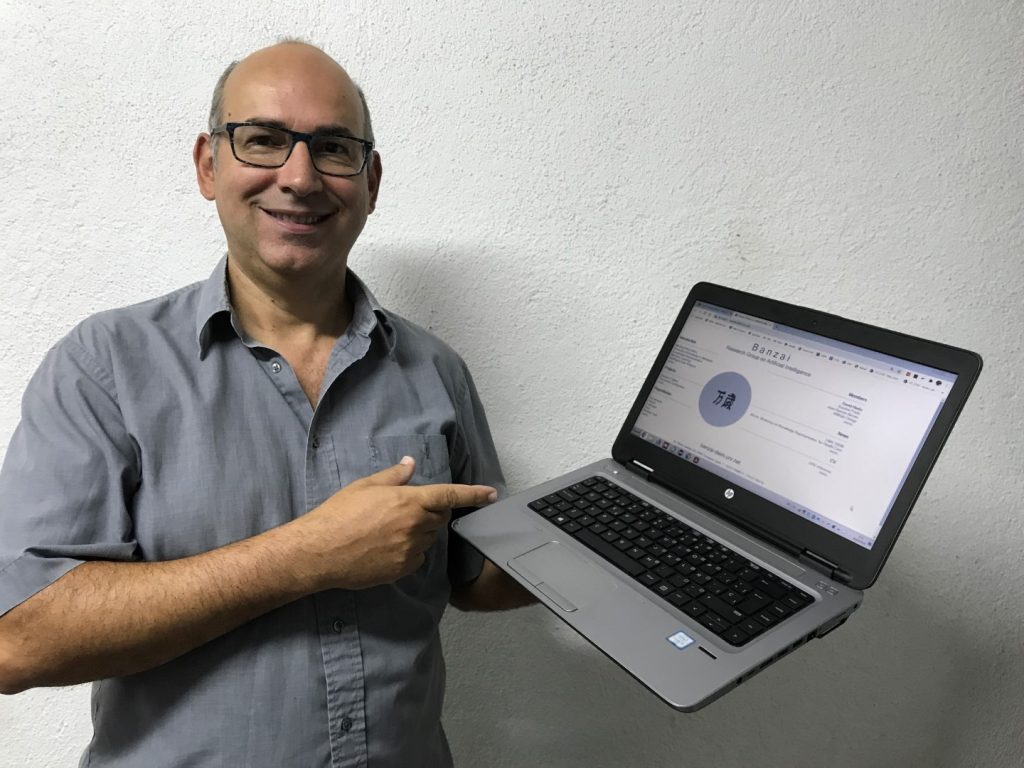Press notes 16/09/2020
An article by the researcher David Riaño is rated among the top three in the field of decision making systems in medicine
It has been selected by the International Medical Informatics Association from among nearly 1400 scientific articles published in indexed journals in this ambit during 2019

It has been selected by the International Medical Informatics Association from among nearly 1400 scientific articles published in indexed journals in this ambit during 2019
The article “Multi-level medical knowledge formalization to support medical practice for chronic diseases” by the researcher David Riaño from the URV’s Department of Computer Engineering and Mathematics is one of the three articles chosen from among nearly 1400 that were published in scientific journals last year in the field of decision making systems in medicine. From these a shortlist of fifteen articles were chosen and the one by the URV researcher made it into the final three.
The article was published in January 2019 and deals with a new framework for developing medical systems to support decision making by doctors who are treating chronic illnesses. The medical processes are a combination of the actions of health professionals when they observe signs and symptoms and the decisions they make about how to treat the patient, what to prescribe and which tests need to be done in order to understand the patient’s health problem. Health professionals base their decisions on the guides to clinical practice, which bring together relevant information about the illness, but these guides are very generic and are not able to advise, for example, which drug is most suitable for the symptoms displayed by the patient, or which combination of drugs or doses would be the most appropriate given the patient’s clinical history.
During their study they analysed and compared the formal language of procedures from a decision making perspective and defined a methodology for modelling medical processes. On the basis of this they designed a new computational language that can be used to describe decision taking regarding three basic aspects of during long term treatment, namely the therapy strategy, the doses needed and possible side effects. This new mechanism can help to train less experienced professionals in decision making processes, and it can also help remind more experienced doctors to verify their treatment decisions.
The article is the result of a joint study involving the researcher Aida Kamišalić, who at the time was a doctoral student under the supervision of David Riaño and researchers from the Medical School of Maribor in Slovenia.
Reference: Aida Kamišalić; David Riaño; Suzana Kert; Tatjana Welzer; Lili Neme Zlatolas “Multi-level medical knowledge formalization to support medical practice for chronic diseases”. Data & Knowledge Engineering Volume 119, January 2019, Pages 36-57 https://doi.org/10.1016/j.datak.2018.12.001.
